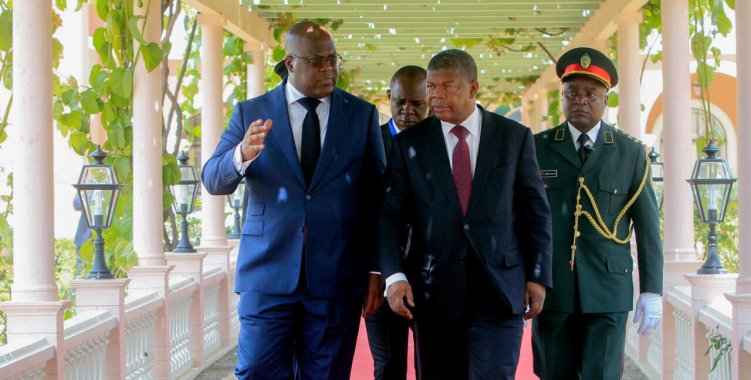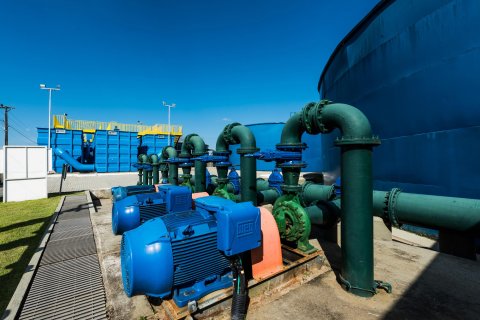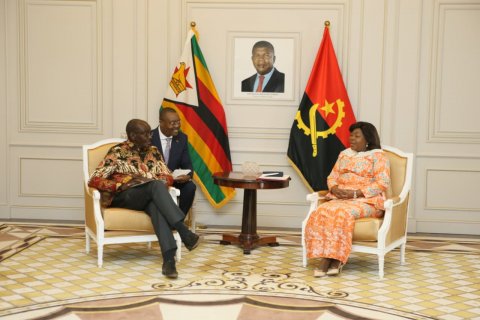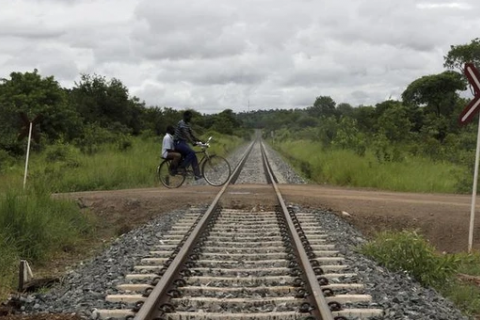The message from João Lourenço, also in his capacity as acting president of the Southern African Development Community (SADC), highlights that the reappointment of Félix Tshisekedi demonstrates that the Congolese positively value all the political action and efforts he has undertaken over the last four years to re-establish peace, stability and concord in the Democratic Republic of the Congo.
“I am also pleased to highlight the orderly way in which the elections took place, as it was a manifestation of great political maturity on the part of the Congolese people, and therefore deserves our great appreciation”, said the President.
João Lourenço also expressed that he is certain that the renewal of Félix Tshisekedi's leadership at the helm of the destinies of DRCongo, a country neighboring Angola, is a guarantee that fundamental steps will be taken towards the restoration of peace in the sub-region, the strengthening cooperation at SADC level and the continuous strengthening of existing cooperation relations between the two countries.
The head of state wished the re-elected President “the greatest success in fulfilling the noble and honorable mission of leading the destinies of the Congolese nation in the coming years, which was conferred on him by the Congolese people”.
General elections in DRCongo were held on December 20 and 21 and Thshisekedi won with 73.23 percent of the vote, according to electoral authorities.
However, the main opponents, including Martin Fayulu, Moïse Katumbi and Denis Mukwege, rejected the Congolese President's victory and called on his supporters to demonstrate. Katumbi, who came second with 18.08 percent of the vote, even called for a repeat of the elections on Sunday, and classified the results as a "mass fraud".
Opposition leader Martin Fayulu received just 5.33 percent of the vote, while the 2018 Nobel Peace Prize winner, gynecologist Denis Mukwege, received less than 1 percent.
These results have yet to be validated this month by the Congolese Constitutional Court.
More than 40 million people - of the country's more than 100 million inhabitants - were called on December 20 to exercise their democratic right in 75,000 polling stations to vote in the presidential, legislative, provincial and local elections.
Around 18 million valid votes were recorded, representing a participation rate of 43 percent.
The process was marked by delays and logistical problems, which forced the vote to be prolonged and by allegations of irregularities on the part of the opposition.
The influential Congolese National Episcopal Conference (CENCO), which impartially supervised the elections, indicated last Thursday that there were "numerous cases of irregularities" that could alter the results "in certain places".
DRCongo is the largest country in sub-Saharan Africa and has enormous mineral wealth (including vast reserves of cobalt, essential for the manufacture of batteries for electric vehicles), but has poor infrastructure across much of the territory.
Furthermore, more than a hundred militias operate in the east of the country, which has seen a new escalation of fighting by the March 23rd Movement (M23) since October.
Tshisekedi came to power in the 2018 elections, criticized by the opposition and the international community.







